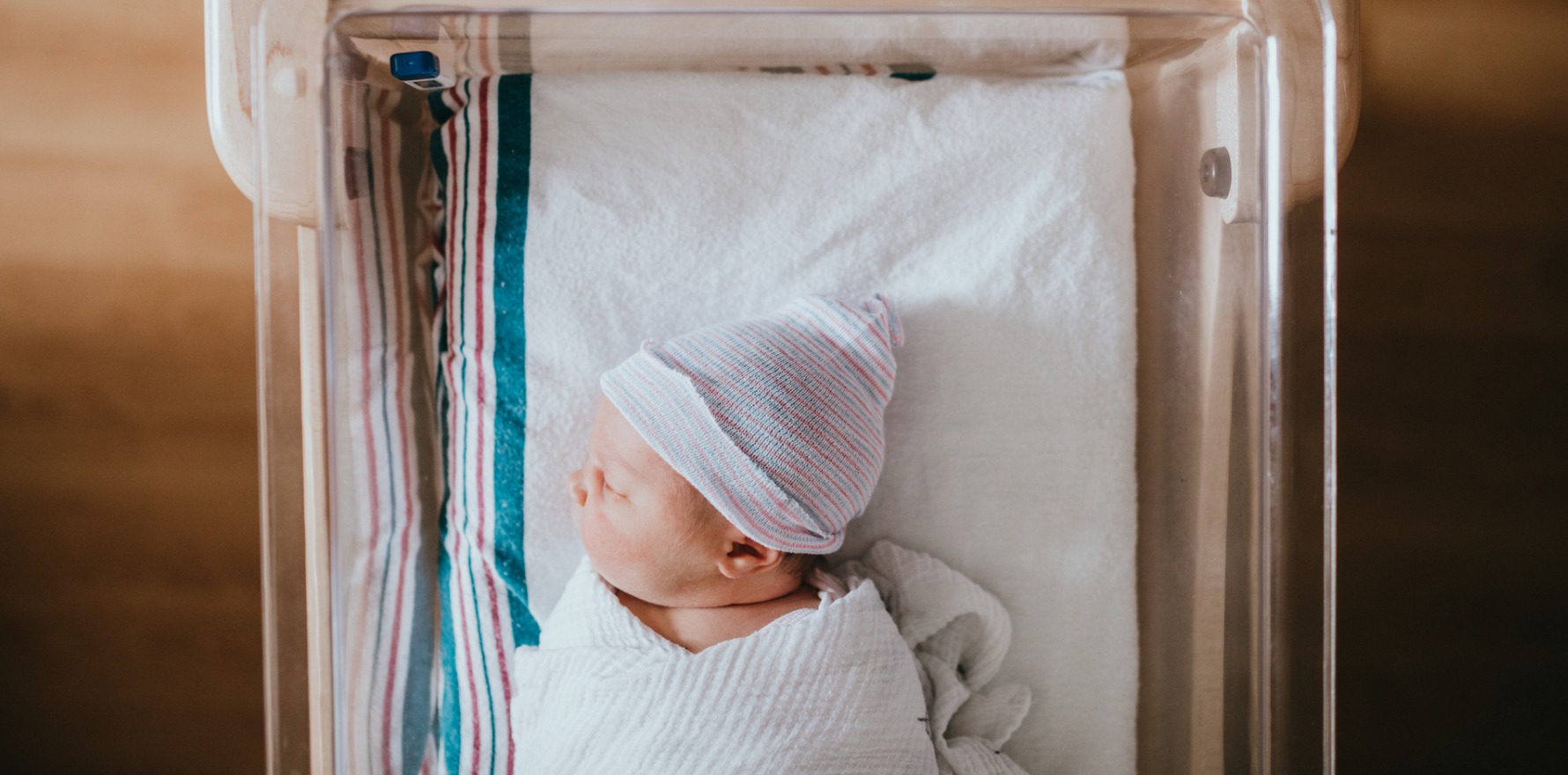Unplanned births take a physical toll on mothers, but the risk of depression is higher in women whose births are planned.
Women’s overall health declines significantly in the year after an unplanned birth, French research has shown.
In comparison, women who had planned births had only a gradual, slight decrease in their general health in the year after having a baby.
The researchers used longitudinal data on 46,600 women in the French Constances Cohort to compare how women rated their general health and depressive symptoms in the years after an unplanned birth. Importantly, birth intentions were recorded before the women were pregnant.
Women rated their general health as suddenly and significantly worse in the year after an unplanned birth, especially if the birth was unwanted.
But when it came to mental health, the risk of depressive symptoms did not significantly increase after unplanned births, but it did rise after planned births, the researchers said.
“Women who experienced an unplanned birth show markedly higher risks of depressive symptoms before the arrival of the child,” the researchers wrote in Social Science & Medicine.
“However, no additional increase in risk emerges after the birth.
Related
“In contrast, the arrival of a planned child is followed by a significant increase in the risk of depression, which remains elevated compared to pre-birth levels until the end of our observations, eventually converging to levels similar to those experienced by women who had an unplanned birth.
“This suggests that mental health is not more adversely affected by an unplanned compared to a planned birth.”
Women under 30 had a sharper decline in self-reported health for up to two years after birth, but they recovered faster.
“An unplanned birth may be more destabilising at younger ages, but the better initial health conditions of younger women allow for a more complete and faster recovery compared to older women,” the authors wrote.
Financial factors may also play a role, citing the availability of free schooling for children at age three in France.
“The reduction in childcare costs when children start free nursery school at age three may alleviate the financial burden of having a child for young mothers.”
The researchers said women who had unwanted births had very different experiences to women whose births were mistimed, and they were associated with different demographics.
“Women who experienced an unwanted birth were typically older and tended to already have two or more children. This suggests that unwanted births often occurred after women had completed their desired fertility.
“In contrast, women who had a mistimed birth were younger and often had one child already.”
The researchers said studies on unplanned births had traditionally focused on pregnancies at young ages.
“However, our findings indicate that many unplanned, and especially unwanted, births occurred at relatively advanced ages.”
For example, research from France shows that the increase in rates of unplanned births over the past decade has been mainly driven by women aged 30 and older.
The researchers said unwanted pregnancies in France were mainly due to the incorrect use of oral contraceptives or the use of unreliable methods and a decline in the use of the pill.
They noted that their data did not include women who chose to terminate an unplanned pregnancy.
“Given the accessibility of abortion in France, it is plausible that most unplanned pregnancies are terminated in this manner. This selective process may partly explain the relatively older age and higher parity of the women in our sample who experienced unplanned births.”
Young women may be more inclined to choose abortion than older women, they said.





